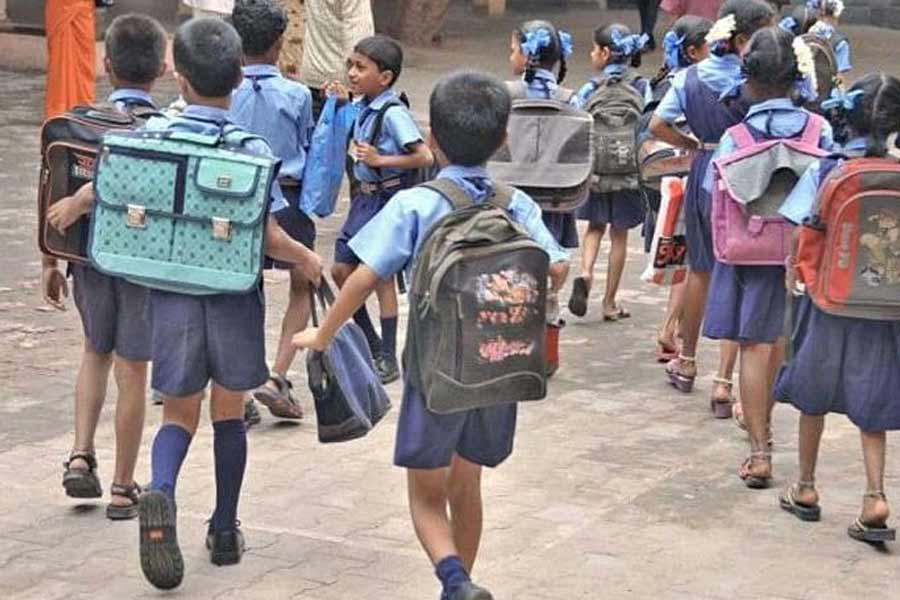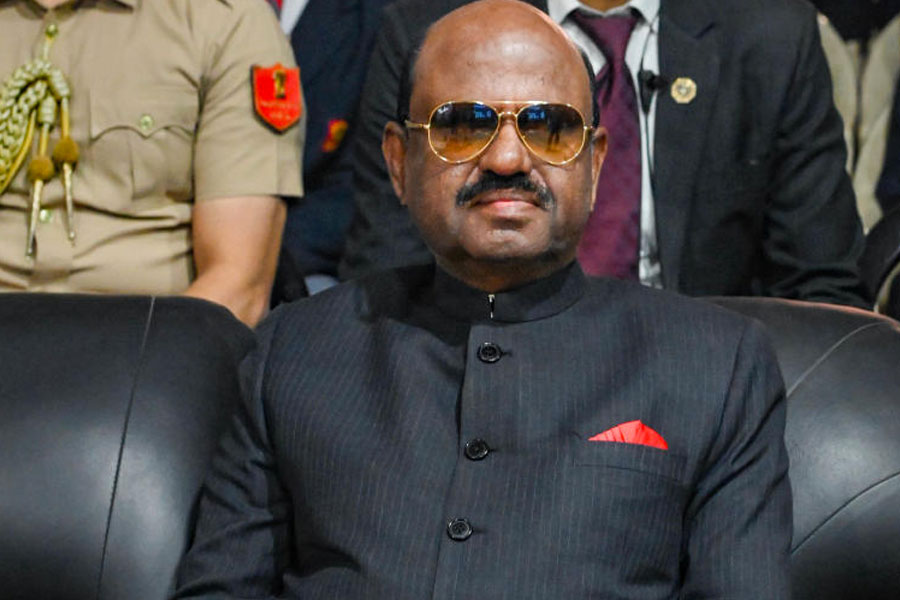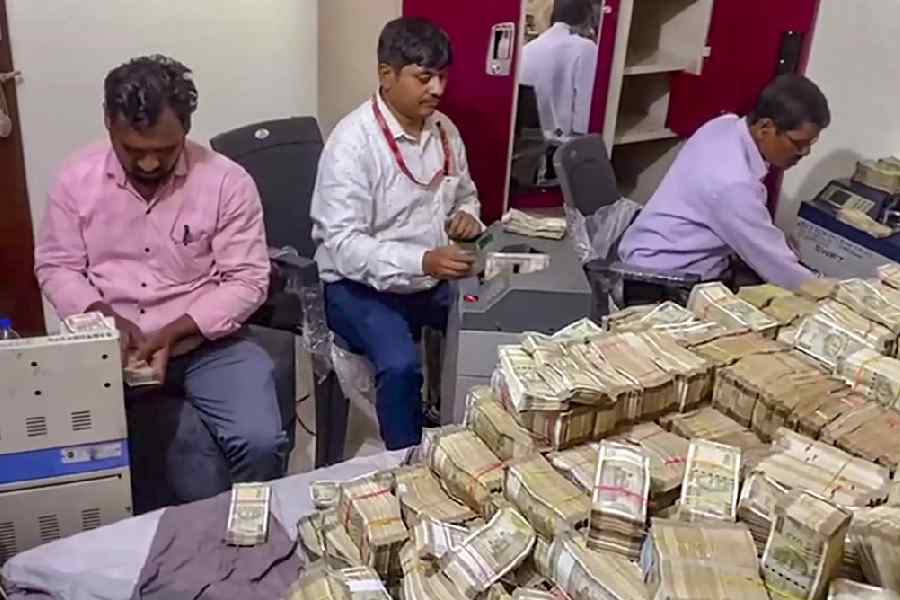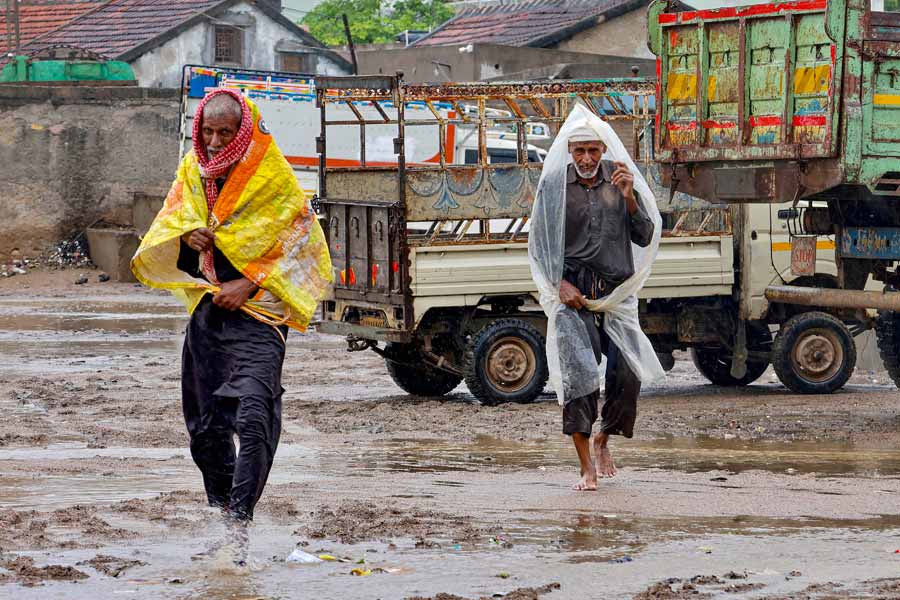Educating children is not a matter of choice, or it should not be. The responsibilities underlying the Right of Children to Free and Compulsory Education Act, 2009 should long have been part of the implementation of constitutional rights. Even though late and not flawless, the RTE Act provides for 25% of seats in private schools to be reserved for children from economically backward families. The Maharashtra government, however, has decided that private schools with a government or government-aided school situated within a kilometre of its premises may drop this quota. Yet the state government is supposed to reimburse private schools for the free education given to children from disadvantaged families. This ensures the maximum number of seats for children in any given catchment area as well as an opportunity for students from underprivileged backgrounds to access a high standard of education, often in the English medium. The further advantage of this could be a breakdown of the barrier between rich and poor children.
It is not clear how a state government can tweak a Central law in such a fundamental way, even though education is a concurrent subject. The state’s decision undermines the principle of equity which is the bedrock of the RTE Act. It threatens to leave children out of school if nearby government and aided schools do not have enough places. This is apart from frustrating the aspirations of less privileged parents who could have sent their wards to a private school. Of course, the assumption here is unfortunate — that private schools are better than government ones, and that lessons in the English medium are more advantageous than those in a regional language. Obviously government schools do not generate trust that their teaching of English would neutralise any imagined disadvantage. But the most disconcerting revelation is the fact that the Maharashtra government has been unable to reimburse private schools to the tune of much over Rs 100 crore. And with time, these arrears are likely to increase. Many feel that this has caused the hurry to alter the pattern of education of hopeful children and, possibly, change their futures. The Maharashtra government’s decision reveals not only a casual attitude towards constitutional rights and duties as well as the law but also indifference towards the education of children from disadvantaged homes.










